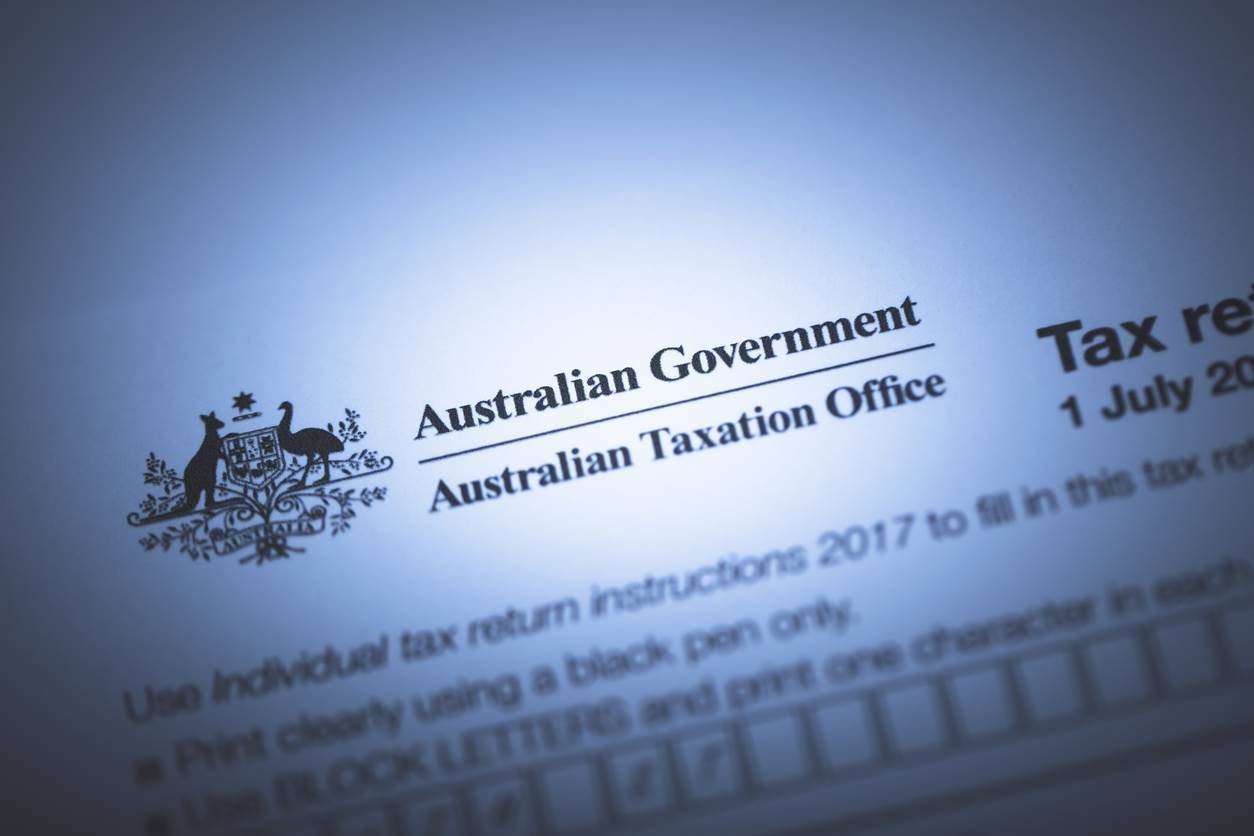Pushback From Large Corporations, OECD Should Not Further Delay Implementation of Public Country-by-Country Reporting
Washington, DC – The Australian government’s decision to alter and delay vital tax transparency legislation last month was influenced by pressure from the Organization for Economic Cooperation and Development (OECD), according to recent front-page reporting by the Financial Times. The proposed Australian law aims to shed light on the secretive tax practices of large multinational corporations by requiring public country-by-country reporting (PCbCR) of tax and other operational data.
“Reported heavy pressure from the OECD over Australia’s public country-by-country reporting proposal is out of line given its mandate as a body of neutral tax experts,” said Ian Gary, executive director of the FACT Coalition. “There is no legal conflict between the OECD’s corporate tax reporting standard and Australia’s proposal, which serves a complementary purpose to inform investors and reduce abusive tax avoidance. FACT urges the Australian government to swiftly finalize this important legislation without any further changes. Further weakening of this landmark proposal would only serve those with a vested interest in keeping a lid on multinational corporate tax dodging.”
The Australian law, if passed in its revised form, will have far-reaching positive global consequences, likely capturing many major companies that are headquartered in the U.S., including Meta, Chevron and others.
Australian policymakers are not the only ones considering improvements to corporate tax transparency. The Financial Accounting Standards Board (FASB) has recently proposed updates to existing US accounting rules to require more transparency from public U.S. companies, including greater disaggregation of multinational companies’ tax information. In addition, Gary Gensler, the chair of Securities and Exchange Commission (SEC), has told Congress that his agency is also considering stronger corporate tax disclosures for investors. Growing investor demand for PCbCR – including the support of investors with $10 trillion in assets under management, as well as recent shareholder votes on resolutions calling for PCbCR from ExxonMobil, Chevron, ConocoPhillips, and Amazon, has also bolstered the case for U.S. action.
“Despite inappropriate pressure from the OECD and multinationals’ efforts to keep investors in the dark, there is unstoppable global momentum towards greater corporate tax transparency,” Gary said. “Australia has the opportunity to be in the vanguard of this global movement to reveal corporate tax dodging, aid investors, and inform a broader set of stakeholders than private reports under current OECD processes do now.”
###
Notes to the Editor:
- The Financial Times’ coverage of alleged OECD pressure against Australia’s public country-by-country reporting legislation can be found here.
- While OECD Secretary General Matthias Cormann published a statement denying the Financial Times report, he acknowledged that “OECD experts raised a number of technical issues” with the Australian proposal, including that the measure would have risked Australia being cut off from intergovernmental tax information exchange under the OECD confidential reporting standard. However, this is not a valid claim because the OECD standard does not provide for public reporting, has a different, more limited purpose to support enforcement by tax authorities, and cannot preclude Australia’s efforts to provide investor oversight and public accountability.
- Following a public consultation, Australia’s proposed public country-by-country reporting legislation was delayed by one year and saw several changes, including the removal of requirements for large multinationals to report information on their related-party expenses, effective tax rates, and intangible assets. The current implementation outline for the measure can be found here (page 60).
- Read about FACT’s support for the Australian proposal and our full comments on the Australian government’s draft public country-by-country reporting legislation.
- Read the latest FACT Sheet on the need for the U.S. Securities and Exchange Commission to mandate public country-by-country reporting for large registered multinationals. The related FACT report, A Material Concern: The Investor Case for Public Country-by-Country Tax Reporting, can be found here.
- Read FACT’s comments on the Financial Accounting Standards Board’s proposal to require additional tax disclosures from public businesses.

